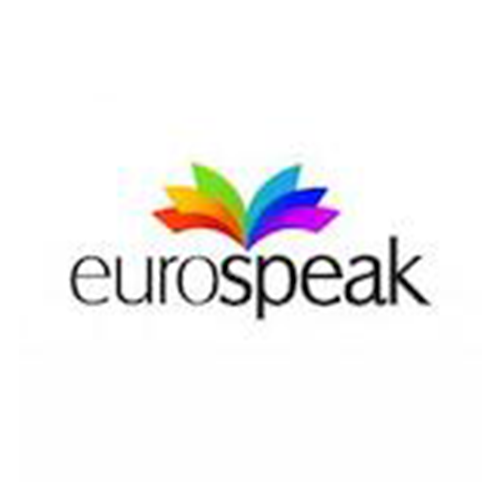Welcome to

An Emotionally-intelligent Approach to teaching Speaking in a forEign Language


About
Approaching foreign language teaching from an emotional intelligence (EI) perspective is considered an innovative teaching method in the world of foreign language education, as it can help learners feel more comfortable in the classroom and break down emotional barriers to learning. EI focuses on skills that will help learners gain confidence and engage in reflective thinking while simultaneously honing what is arguably the most important language skill: speaking.
The aim of the EASE project is to support adult educators to apply an emotionally intelligent approach to teaching speaking skills by addressing emotional barriers to learning speaking skills through blended continuous professional development sessions.
The objectives of the project are to:
- improve the quality and availability of foreign language teaching resources for adults, particularly in oral communications
- create original and innovative educational materials
- enhance the capacity of foreign language teachers to break down emotional barriers to learning speaking skills
- promote and implement an innovative approach in teaching speaking skills in a foreign language by using research-informed techniques
- boost the resilience potential for adult language teaching institutions by creating materials adapted for both face-to-face and online environments
- increase adult learners’ communicative competence in a foreign language by encouraging self-directed learning and reflective thinking using an innovative digital platform
Teaching and Learning Resources
The EASE Project will design and develop three innovative packages of teaching and learning resources, known as project results, that can be used directly by adult educators and language learners in their day-to-day educational activities across Europe.
All teaching and learning resources can be accessed for free as OERs through the EASE digital platform.
Booklet on incorporating Emotional Intelligence into Foreign Language Teaching
The EASE Booklet provides teachers with concrete lessons that are ready to use in the classroom incorporating Emotional Intelligence to speaking foreign languages.
The Booklet comprises both theory and practice and introduces EI theory and its connection with the various components of oral communication in a foreign language. The Booklet also offers practical application of the approach with original lesson plans and accompanying materials in their language(s) for easy adaptation and immediate use in the classroom. The activities are categorised by CEFR level, with each level containing at least two full lesson plans (45 minutes each) complete with accompanying materials.
Blended face-to-face and online Continuing Professional Development (CPD) sessions for language teachers on using EI approach
The EASE Project focuses on teacher CPD through a series of 12 sessions to inform teachers about why and how to implement this approach, focusing on individual topics within the overarching theme of EI in the foreign language classroom. The lack of existing materials to upskill teachers on this approach is rather surprising given the amount of pedagogical research to support it; speaking still remains the most ‘ignored’ skill in the language classroom (British Council). This could be due in part to the amount of stress and exhaustion it causes students, therefore, upskilling teachers to use an EI-based approach will ease the tension and make the learning process much smoother. Topics will include:
EASE Self-Directed Learning Platform
The EASE Self-Directed Learning Platform has been created to support adult students of a foreign language to practice their speaking skills in a self-directed and reflective manner.
The content of the platform is separated into categories of speaking skills that students may like to practice from the (tentative) options of fluency, pronunciation, native-like selection, cognitive strategies (circumlocution, paraphrasing, etc.), discourse markers, and interaction strategies. Each sub-category contains self-reflective exercises and suggestions of external resources to further practice each skill. The idea behind the platform is to support students to become more self-directed and independent learners and equip them with the knowledge to enhance their own personal learning journey.
Our Partners
The project team behind the EASE project has extensive experience working in the fields of adult education, language learning, digital education, emotional intelligence, and supporting language skills development with migrants.

Solution: Solidarité & Inclusion
France

The Rural Hub
Ireland

Eurospeak Limited
Ireland

Asociatia Bridge Language Study House
Romania

INDEPCIE SCA
Spain

Globalnet
Poland
Get Involved
Go Follow our social pages to find out more about the projects latest news
Funded by the European Union. Views and opinions expressed are however those of the author(s) only and do not necessarily reflect those of the European Union or the European Education and Culture Executive Agency (EACEA). Neither the European Union nor EACEA can be held responsible for them.
Project Number: 2021-1-FR01-KA220-ADU-000026104












